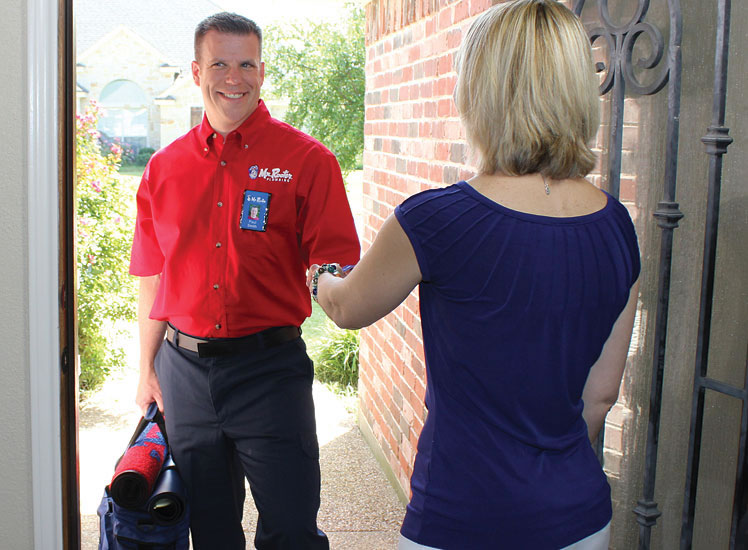Toilet Backing Up into Shower: What to Do Next?
Read More...
Plumbing inspection is an essential part of keeping your plumbing system in good working order. A plumbing inspection helps you detect problems early enough to mitigate the risk of expensive repairs and replacements.
In this article, we will look at what a plumbing inspection entails.
Pipes are one of the major components of a plumbing system. Any damage to your pipes will bring your whole plumbing system to a standstill. During a plumbing inspection, a plumber will check the condition of your pipes and look for any signs of trouble. Some of the things a plumber will look for when inspecting your pipes include:
You rely on your water heater to provide hot water in your home or business. Therefore, this appliance should always be in good working condition to avoid inconveniences, water damage, and other risks that come with water heater failure. During a plumbing inspection, your plumber will inspect your water heater and give you an overview of its condition. Your plumber will check for the following:
Leaks are among the common plumbing problems homeowners encounter from time to time. It’s important to have a professional plumber inspect your plumbing system for leaks to prevent water waste, mold growth, and structural damage. During a plumbing inspection, your plumber will inspect your pipes and other components of your plumbing system to ensure there are no leaks. Some of the plumbing fixtures that will be inspected during the inspection include the following:
The ideal residential water pressure should range between 40 and 80 psi (pounds per square inch). If your water pressure exceeds 80 psi, it could damage your pipes and waste a lot of water. On the other hand, lower water pressure can make it difficult to perform normal household tasks like cleaning dishes, showering, doing laundry, and more. That’s why your plumber should test your water pressure to ensure it ranges between the acceptable levels.
A plumbing inspection will also involve locating the main water shut-off valve and making sure it’s in good condition. The valve is typically located on the perimeter of your house or in the crawlspace or basement. Knowing the location of the main water shut-off valve can help you prevent further damage to your property in the event of a burst pipe.
If you’re looking for a skilled and experienced plumber to perform a comprehensive plumbing inspection in your home or business, get in touch with Mr. Rooter Plumbing.